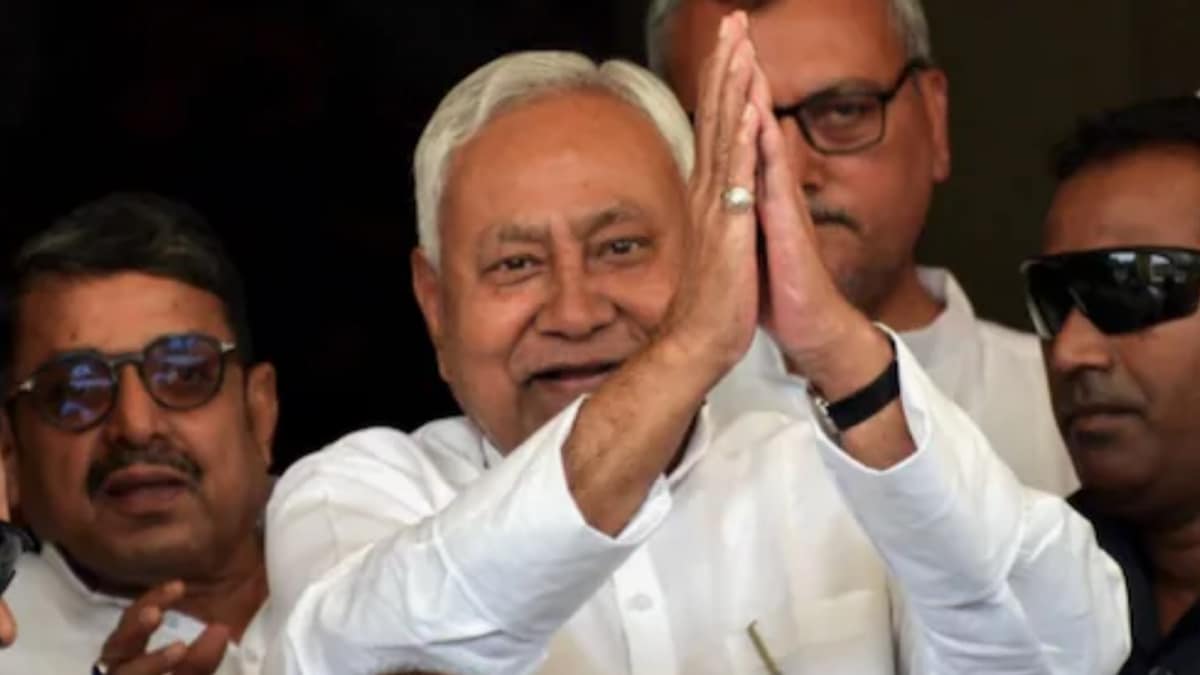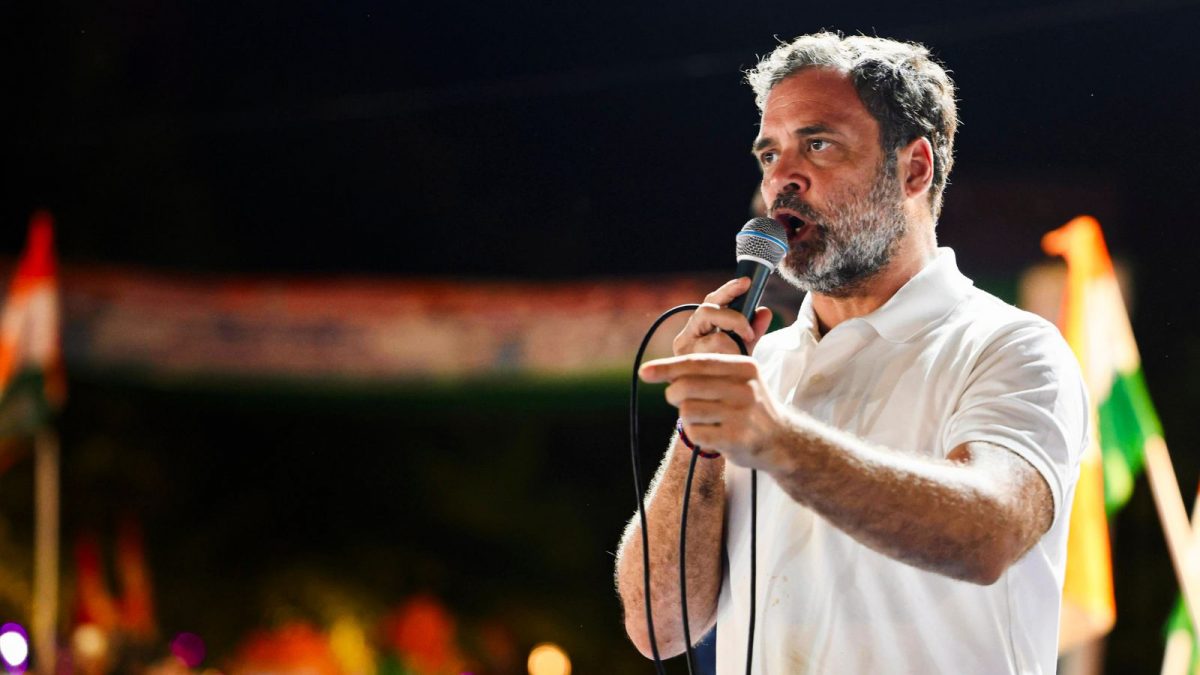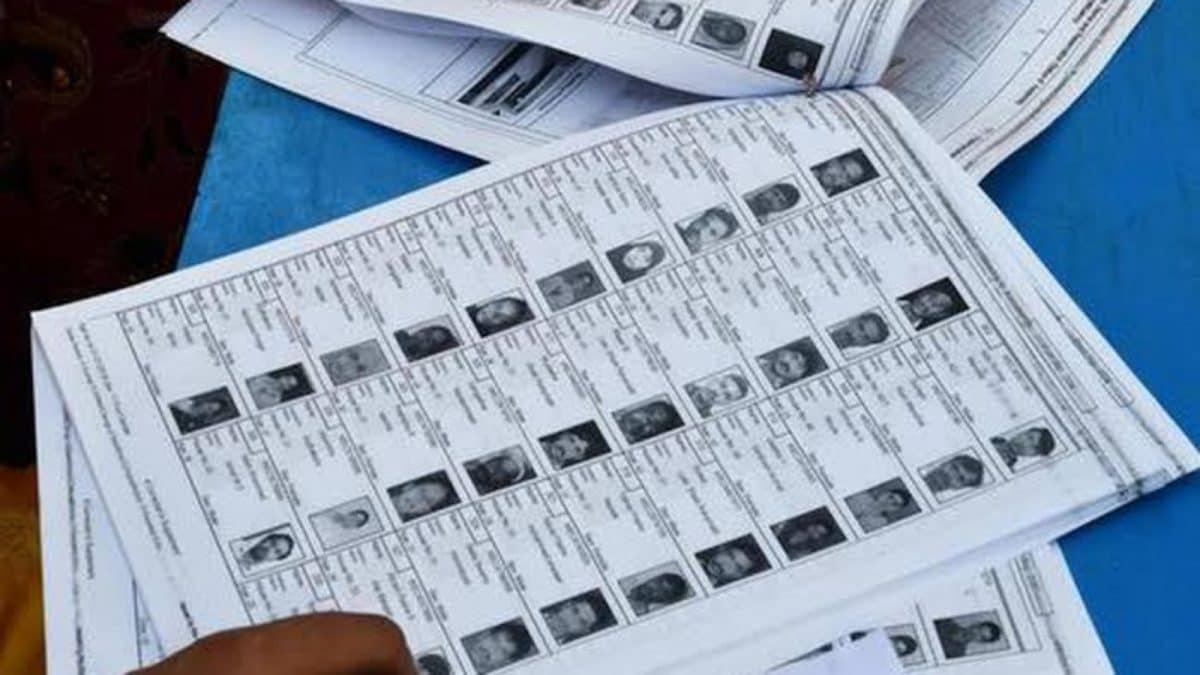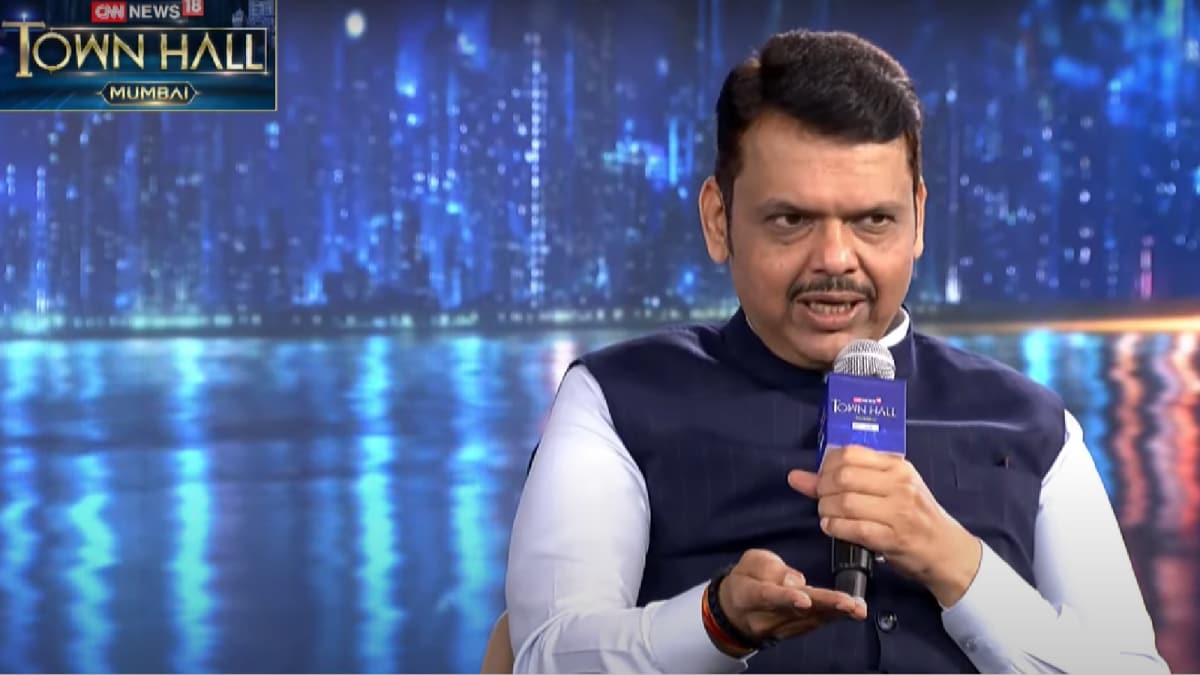Last Updated:
Nitish Kumar takes the chief minister’s post for a record-breaking tenth time, a testament not just to his administrative longevity but to an unmatched political survival instinct

His latest political switch, leaving the Mahagathbandhan last year to rejoin the National Democratic Alliance (NDA) and secure a massive electoral victory, further demonstrates his ability to be the fulcrum around which Bihar politics revolves. File image
With Nitish Kumar taking oath as chief minister of Bihar once again at Patna’s iconic Gandhi Maidan on Thursday, he solidifies his reputation as arguably the most enduring, and perhaps the most adaptable, political leader in contemporary Indian politics. He assumes the top post for a record-breaking tenth time, a testament not just to his administrative longevity but to an unmatched political survival instinct.
Born in 1951, Kumar, who holds an engineering degree from the National Institute of Technology, Patna, began his political career as a participant in the transformative JP Movement of the 1970s. Initially a protégé of Lalu Prasad Yadav, their paths diverged in the mid-1990s over issues of governance, leading Kumar to co-found the Samata Party with George Fernandes and subsequently form an alliance with the Bharatiya Janata Party (BJP), marking the start of a partnership that would last nearly two decades.
Kumar’s tenure is defined by his governance-focused approach, which earned him the moniker of “Sushasan Babu” (Good Governance Man). After his initial short-lived term as chief minister in 2000, he truly came into his own following the 2005 assembly elections. During his second and third full terms (2005_2014), Bihar witnessed significant improvements in infrastructure, particularly road connectivity, and a marked decline in crime rates, often referred to as the “return of the rule of law” after the period of RJD governance. Landmark social schemes, such as the “Mukhyamantri Cycle Yojana” which provided bicycles to school-going girls, are widely credited with boosting female enrolment and retaining the crucial women voter base that has often supported him regardless of his alliance partners.
However, his long career is equally defined by his willingness to repeatedly change alliances. From breaking a 17-year-old alliance with the BJP in 2013 over the projection of Narendra Modi as Prime Ministerial candidate, to rejoining it in 2017 after a short stint with the Mahagathbandhan (Grand Alliance) led by the RJD, and then shifting back to the Mahagathbandhan in 2022, his political calculus is always governed by the imperative to remain at the helm. His latest political switch, leaving the Mahagathbandhan last year to rejoin the National Democratic Alliance (NDA) and secure a massive electoral victory, further demonstrates his ability to be the fulcrum around which Bihar politics revolves.
As the undisputed leader of the Janata Dal (United) or JD(U), Kumar has consistently focused on consolidating the votes of Extremely Backward Classes (EBCs) and Kurmis (his own caste group), while relying on his reputation for development and social reform—including his controversial implementation of alcohol prohibition—to transcend traditional caste lines. His latest term, taking the oath for the tenth time, marks the start of yet another phase in the volatile political life of a leader who has mastered the art of political survival in India’s heartland.

Pathikrit Sen Gupta is a Senior Associate Editor with News18.com and likes to cut a long story short. He writes sporadically on Politics, Sports, Global Affairs, Space, Entertainment, And Food. He trawls X via …Read More
Pathikrit Sen Gupta is a Senior Associate Editor with News18.com and likes to cut a long story short. He writes sporadically on Politics, Sports, Global Affairs, Space, Entertainment, And Food. He trawls X via … Read More
November 20, 2025, 11:38 IST
Read More







